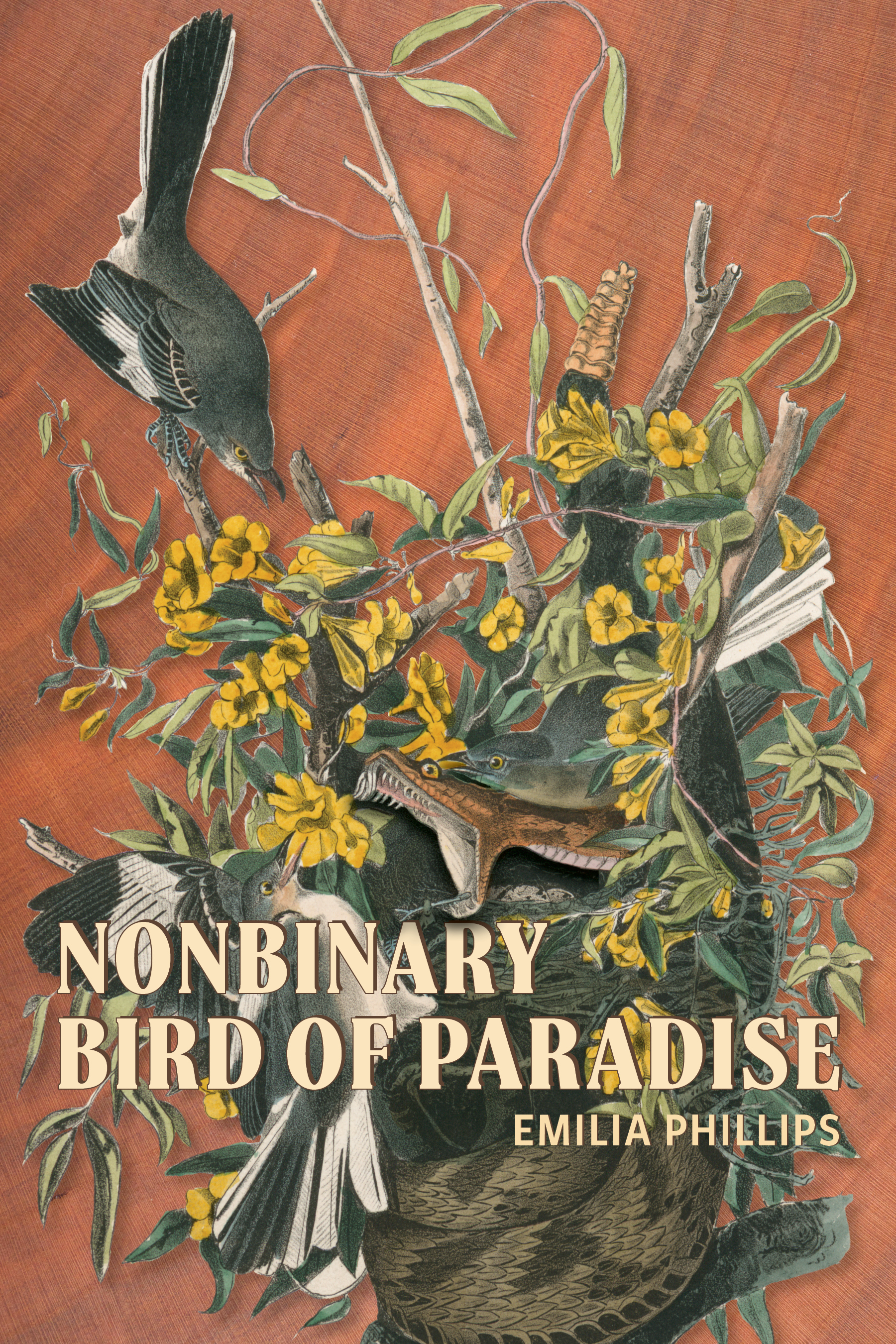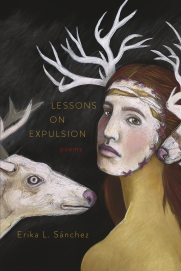Note: This will be my first meeting with my combined intermediate and advanced, undergraduate workshops. I hope that this exercise will open up our class in such a way that we get to know one another better and we begin to discuss meaningful craft elements. Like all of my writing exercises and readings beyond the required, book-length texts, this information is provided to students through a Google Document I call the “Course Reader,” which I update throughout the semester so as to provide necessary materials and instructions while developing a log for the course, the latter of which is especially meaningful for students who need to refresh on a class experience and/or who missed a class. I also like to have a record of our conversations, and so after each class I usually provide a quick, bullet-pointed list that recaps our conversations and/or important class decisions.
ENG 326/426 Writing Poetry: Intermediate/Writing Poetry: Advanced
University of North Carolina at Greensboro
Spring 2018



 Note: My intermediate poetry class is wrapping up their discussion of Erika L. Sánchez’s Lessons on Expulsion. All three of these poems appear in the final section of the book, and they model two approaches of the “function” of a poem. In the first exercise, students will list humiliations and embarrassments in a move toward candor and intimacy, and, in the second, they will think about the rhetoric of the imperative, its insistence and (sometimes) hesitance.
Note: My intermediate poetry class is wrapping up their discussion of Erika L. Sánchez’s Lessons on Expulsion. All three of these poems appear in the final section of the book, and they model two approaches of the “function” of a poem. In the first exercise, students will list humiliations and embarrassments in a move toward candor and intimacy, and, in the second, they will think about the rhetoric of the imperative, its insistence and (sometimes) hesitance. Note: My intermediate poetry students completed this exercise at the beginning of class on the second day we discussed
Note: My intermediate poetry students completed this exercise at the beginning of class on the second day we discussed